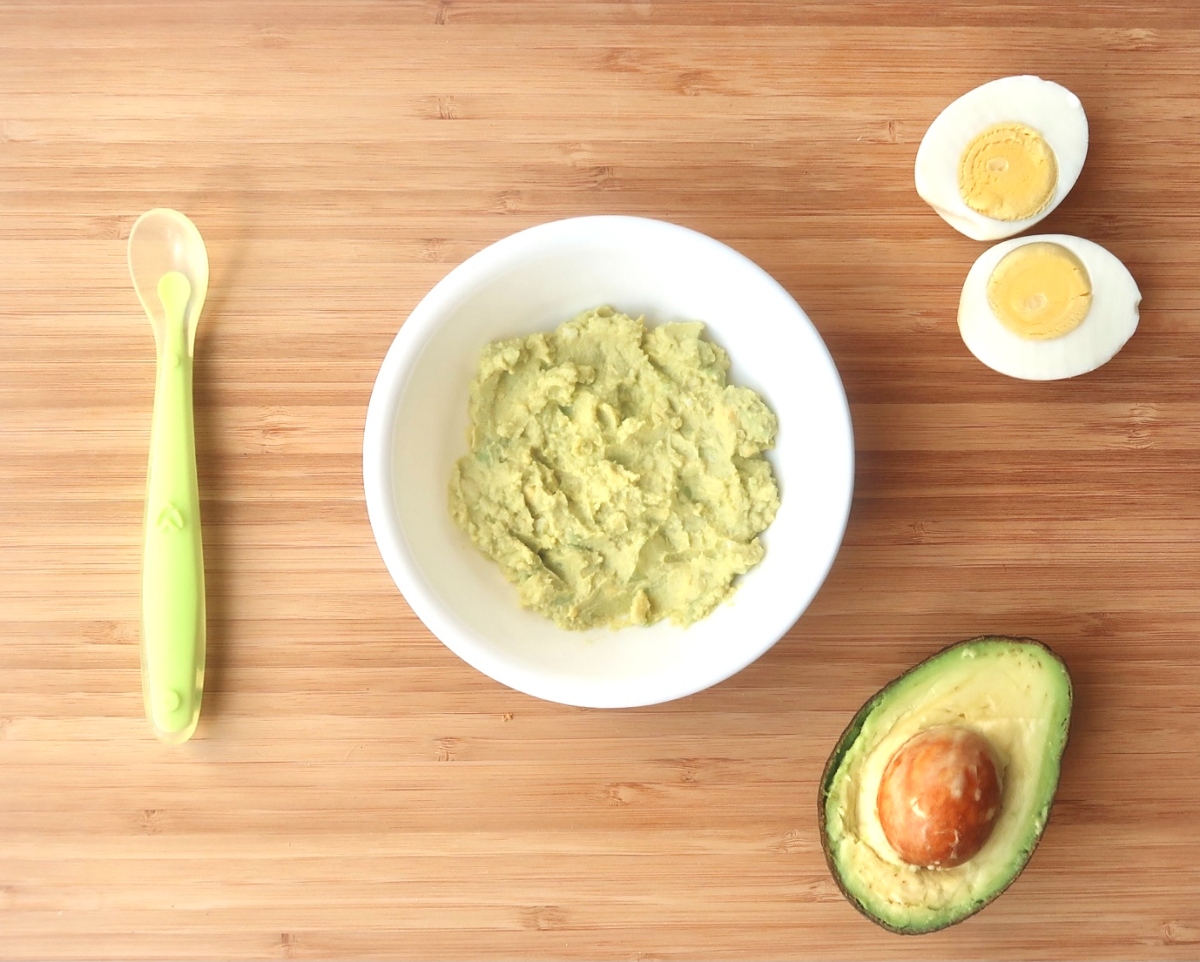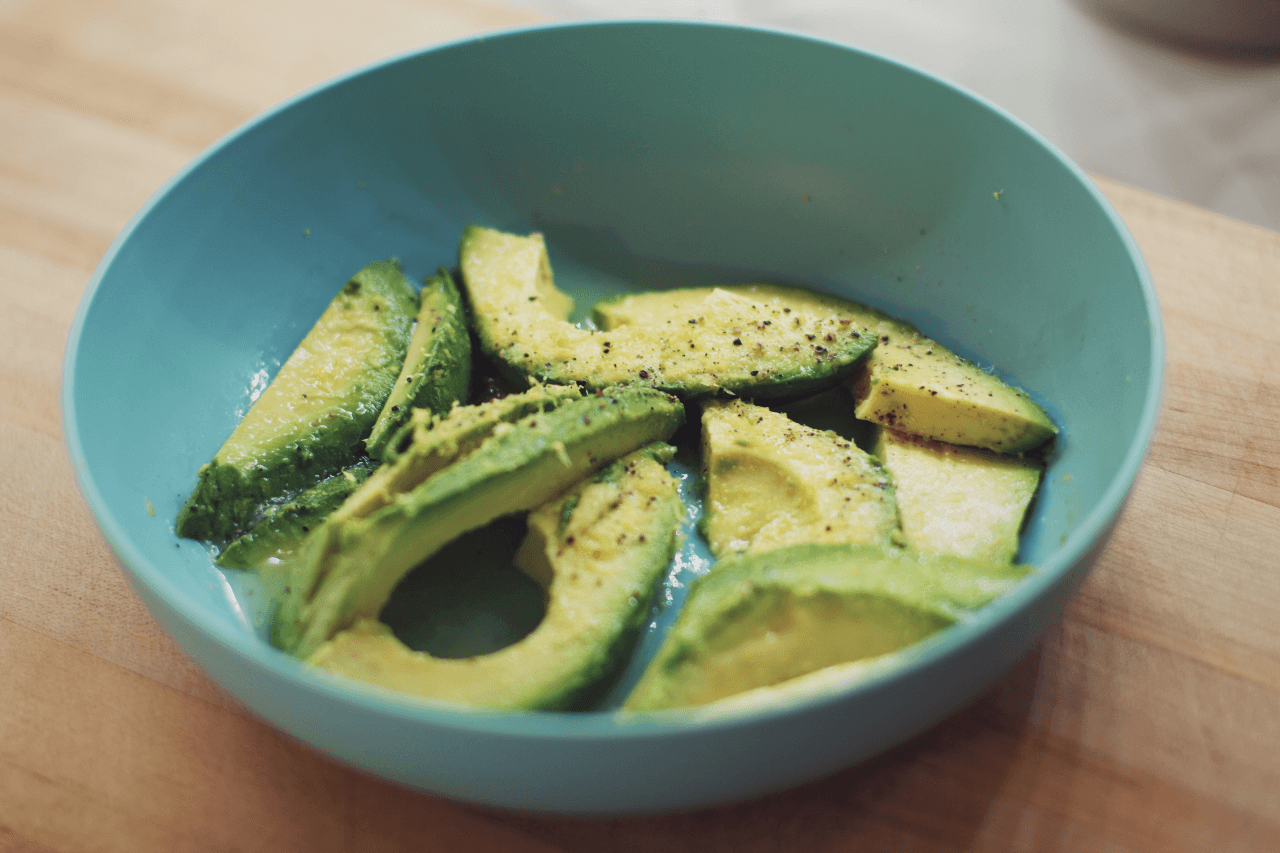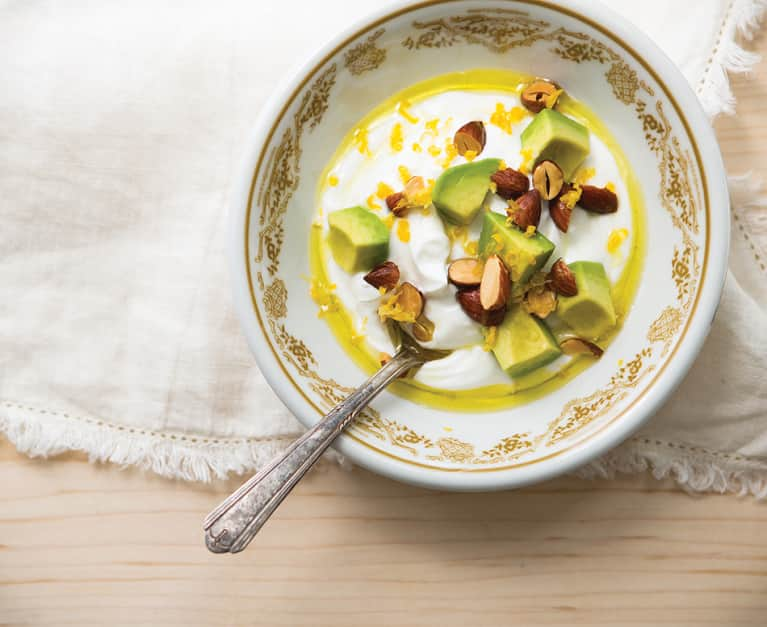How many calories does your baby need per day?
It depends on the baby's age. At birth, newborns need to eat about 130-210 extra calories per day. A 1-year-old might need about 200-300 extra calories per day. A 2-year-old needs about 250-400 extra calories a day.
By 3 years old, a child should be eating about 400-500 more calories a day than he or she did as a 1-year-old. After your child is 5 years old, they do not have to have any additional dietary restrictions unless otherwise specified by their doctor.
In general, infants and toddlers typically eat 4-6 meals weekly that consist of two snacks and two meals lasting no longer than 30 minutes. Children between the ages of 1 and 3 need to be fed twice a day, plus 2 nutritious snacks.
To help your child stay healthy, try feeding him or her 5-7 times a day instead of three big meals. If you find that your baby is not hungry at mealtime, consider giving him smaller amounts more frequently throughout the day.
What foods do babies need?
Babies require many different types of food – breast milk and formula for infants under one year old; whole milk if they continue to nurse after their first birthday; and cow's milk and table foods when they turn one year old. You can offer children aged 1-3:
- Meat: beef, pork, lamb, veal, poultry, and fish.
- Poultry: cooked chicken or turkey without the skin, ground chicken or turkey, and chicken or turkey pieces (wings, breasts, thighs)
- Eggs: cooked eggs ( you can add a little milk to scrambled eggs )
- Beans: lentils, baked beans, kidney beans, tofu
- Cheese: low-fat cheese sticks, hard cheeses such as cheddar and Swiss. The cheese sauce is also good. If your child has lactose intolerance, make sure you offer other calcium sources such as dark green vegetables, canned salmon with bones, sardines packed in water, and calcium-fortified foods such as orange juice and cereals.
- Grains: wheat bread, whole grain bread & crackers, whole wheat pasta, rice, bulgur (cracked wheat), and barley.
- Vegetables: broccoli, peas, carrots, sweet potatoes, corn, winter squash, salad greens such as romaine lettuce, and spinach.
- Fruits: fresh fruit such as bananas and apples, mashed ripe avocado, and dried fruits such as raisins and prunes.
- Milk: low-fat milk. If your child has lactose intolerance, try lactose-free or soy milk.
Remember that even though we say it is okay to give children aged 1-3 these foods in any order because they are all nutritious, you might find that some combinations aren't very good because of the way the food smells or tastes together.
For example, you might notice that your child does not like the smell of cooked broccoli with a little cheese sauce. If this happens, try waiting a few days and then offering her steamed broccoli again without the sauce. She may be more willing to taste it now that she knows how good it tastes!

At what age babies can eat avocados?
Babies can start eating avocado when they are 6 months old, but should only eat half a teaspoon of mashed avocado. If your baby tolerates the taste well, then you can increase the amount that you give them each day.
Babies who have started eating avocados will often be able to tolerate other foods with similar textures. However, it is not recommended to feed your baby avocado before 6 months because their digestive system may not be mature enough for this food yet.
What is inside avocado?
They have a lot of vitamins like vitamin C, E, and K. They are also high in potassium and contain healthy fats. It is a reach of amino acids and especially contains a lot of folic acids. They have a good amount of fiber which helps the digestive system, as well as anti-oxidants that help with free radicals in the body. A high amount of vitamin E, C, and K is important for your baby's immune system to develop strongly.
Is avocado useful? The avocado is known for its good fat, but at the same time, it contains a lot of fiber which helps with your baby's digestion. This fruit is rich in healthy fats, vitamins, and minerals which are all essential for your baby to grow healthy and strong.
How to choose an avocado?
It is important that the skin of the avocado is dark green and firm when you buy it. If you press on the skin gently, it should feel quite hard under your fingers - if it seems too soft or too hard then choose another one. The avocado should not be bruised or damaged.
Easy and tasty recipes for your baby
So, here are 10 recipes for you to prepare for your baby.
- Mashed avocado with banana
Ingredients: 1 large ripe avocado, 2 small ripe bananas, ½ cup of water to mix with the puree.
Method: Add all ingredients into a food processor and blend until smooth. Serve right away or freeze in an air-tight container for up to 3 months.
- Creamy fruit salad
Ingredients: 2 avocados, 4 fresh strawberries, ½ banana sliced, 100 grams of canned pineapple chunks (drained), 200 ml of whole milk yogurt.
Method: Cut the avocado open lengthways. Remove the stone and scoop out the flesh with a spoon into a blender or mash it coarsely if you are cooking for an older baby. Add the remaining ingredients and blend until smooth.
- Tropical fruit salad
Ingredients: 1 large ripe avocado, ½ papaya peeled and cut into pieces, ½ mango cut into pieces, 100 grams of freshly squeezed orange juice (best to use an organic brand for babies).

Method: Cut the avocado open lengthways and remove the stone with a knife. Scoop out the flesh with a spoon and add it to a blender or mash it coarsely with a fork if you are cooking for an older baby. Then add everything else and blend until smooth. Serve right away or place in freezer-safe containers and freeze for up to 3 months.
- Avocado pasta
Ingredients: 2 ripe avocados, 1 teaspoon of finely chopped parsley or oregano, 4 tablespoons extra virgin olive oil.
Method: Place all ingredients into a large bowl and squeeze with fresh lemon juice just before serving. Mix well to combine. Serve right away.
- Spinach smoothie
Ingredients: 2 ripe avocados, 5 leaves of baby spinach, 3 tablespoons of freshly squeezed orange juice, 1 small banana sliced, 60 grams milk yogurt (with live cultures for babies).
Method: Add all ingredients to your blender and blend until smooth. Serve right away if possible because the avocado will start to oxidize when exposed to air.
- Avocado mash
Ingredients: ½ ripe avocado, ½ cup boiled organic red lentils, ½ cup warm water or milk.
Method: Place all ingredients into a bowl and mash with a fork until you get the right consistency for your little one. Add salt to taste if necessary (most infant formulas already contain enough salt but it is important to check with your pediatrician). Serve right away with breadsticks or spread on bread slices. Avocados will oxidize quite quickly so make sure that there is no air contact when you store in an airtight container. This recipe has enough vitamins and minerals for babies over 6 months old.
- Baked avocado wedges
Ingredients: 1 ripe avocado, 2 teaspoons of grated cheddar cheese, teaspoon garlic powder, 1 teaspoon of dried oregano and basil, salt and pepper to taste
Method: Cut the avocado in half lengthways. Scoop out the middle with a spoon and place into a bowl. Add all other ingredients and mix well so that it coats the fruit evenly. Place on baking paper on a baking dish under the grill until golden brown for older babies or roast in an oven until golden brown (if you have a gas stove you can roast over an open flame if available). Roasting gives avocado such delicious caramelized flavor that your baby will eat willingly! Serve right away as soon as it's ready.
- Baked avocado chips
Ingredients: 1/2 ripe avocado cut into long wedges, 2 tablespoons full-fat yogurt (for older babies), 1 tablespoon dried onion or chive (optional).
Method: Preheat oven to 180 degrees Celsius. Place all ingredients in a bowl and coat the avocado wedges completely. Place onto baking paper on a baking dish and bake until golden brown for older babies OR roast over an open flame if available, turning often so that they don't burn. Serve right away as soon as it's ready.
- Mango yogurt
Ingredients: ½ mango peeled and sliced, 100 grams natural yogurt (with live cultures for babies).
Method: Add both ingredients into a blender and blend until smooth. Serve right away or freeze up to 3 months in an airtight container.

- Avocado chocolate pudding
Ingredients: ½ ripe avocado, 1 tablespoon unsweetened cocoa powder or carob powder (with more than 70% of cocoa solids), 4 tablespoons full cream milk (for babies over 9 months).
Method: Add all ingredients into a blender and blend until smooth. Serve right away as soon as it's ready. If your baby is under 9 months old do not add chocolate because it can cause abdominal discomfort in infants this young.
How many avocados can you give your baby?
The American Academy of Pediatrics recommends that you give your baby 1-2 tablespoons per day of avocado. This recipe is enough for one serving so if you are making these recipes for your whole family, simply double or triple the amount of avocado used in each recipe depending on how many people are eating it.
How can you store avocado at home?
Avocado is a fruit and like most fruits, it can be refrigerated for up to 5 days or frozen up to 3 months. When you freeze avocado (with skin and seed) it will be good for 6 months but if you only have ripe avocados, place them in the refrigerator with their own pulp wrapped in plastic so they do not dry out.
What else should you know about avocados?
You should know that avocados are high in fat and calories, but they contain monounsaturated fatty acids which protect your heart by maintaining cholesterol levels and blood pressure. Avocado contains lots of vitamins and minerals such as vitamin B6, E, K1, folate, potassium, calcium, and magnesium.
Avocado is healthy for everyone to eat but it is especially beneficial to those under 2 years old because it gives them good fats for brain development. Babies usually do not get enough fat from their diet so avocado can be a great addition to fruits or vegetables. Remember that you should only give your baby half an avocado per day and always check with your pediatrician first!
Conclusion
Avocados should be a staple in your kitchen for any family with children. They are healthy and delicious and provide the perfect consistency to add to so many recipes, especially if you want to add thickness, creaminess, or flavor! Eating avocados while breastfeeding is also very good for your baby because it gives them healthy fats that they need.